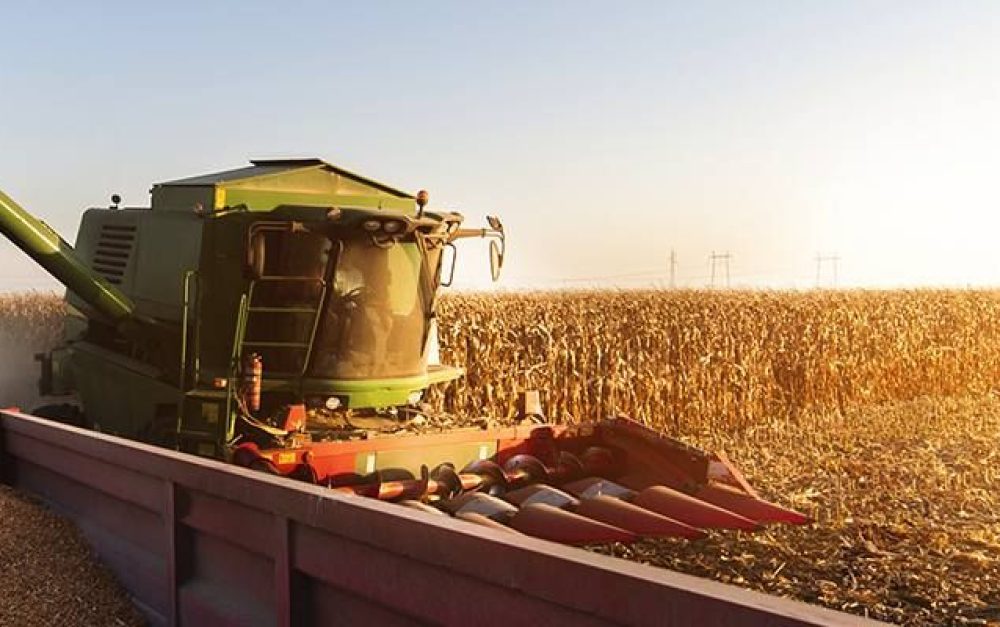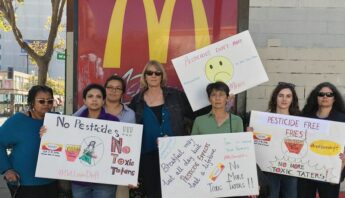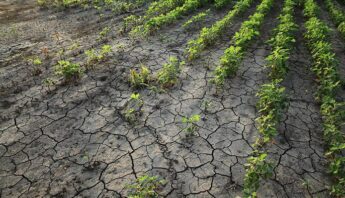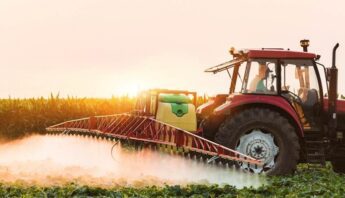WASHINGTON, DC — At 11:59 PM ET on Tuesday, July 7th, the US Department of Agriculture Animal and Plant Health Inspection Service (USDA APHIS) closed public comment regarding Monsanto Company’s petition for determination of nonregulated status for a new variety of maize named MON 87429. MON 87429 is engineered to withstand application of five herbicides, including dicamba, glufosinate, quizalofop, 2,4-Dichlorophenoxyacetic acid, and tissue-specific glyphosate.
National Family Farm Coalition, Pesticide Action Network, and Friends of the Earth submitted a combined 33,296 signatures in opposition to Monsanto Company’s petition for deregulation of MON 87429.
Dana Perls, Food and Technology Program Manager with Friends of the Earth, issued the following statement:
“Bayer-Monsanto’s toxic cocktail of pesticides that its corn is engineered to withstand is a health and environmental nightmare. Deregulating this new GMO will lock us further into this harmful, pesticide-intensive industrial agricultural model that is driving biodiversity, climate, and public health crises. The USDA needs to do its job and prioritize people and the planet, not corporate agribusiness’ bottom line.”
Jim Goodman, organic farmer and National Family Farm Coalition board president, expressed concern regarding MON 87429 in light of the recent 9th District federal court ruling against a Monsanto dicamba product designed for use with USDA-approved soybeans and cotton:
“Just last month, the 9th District federal court found EPA’s approval of Monsanto’s dicamba product (designed for use with USDA-approved Xtend soybeans and cotton) unlawful, citing “enormous and unprecedented” as well as “substantial and undisputed damage” caused by Monsanto’s dicamba-resistant seed system, noting also the “anti-competitive” effect of the registration that has “torn apart the social fabric of farming communities.” For USDA to now approve additional GE seeds designed to increase use of dicamba, along with other herbicides, across many more millions of acres of corn-producing farmland would expose rural communities to yet more grave economic and social harm.”
Kristin Schafer, Executive Director with Pesticide Action Network, added:
“USDA must not allow this new generation of GE seeds to move forward. Their approval would guarantee widespread application of never-before-seen cocktails of herbicide mixtures, more herbicide drift and resulting damage to crops, and additional harm to pollinators and many other species. It’s pretty clear that the pesticide/biotech corporations are just trying to eke out a few final years of profits, as the industrial model of farming built on their GE/herbicide technologies crumbles.”
Contacts:
Friends of the Earth: Erin Jensen, (202) 222-0722, ejensen@foe.org
National Family Farm Coalition: Lisa Griffith, (773) 319-5838, lisa@nffc.net
Pesticide Action Network: Ahna Kruzic, (510) 927-5379, ahna@panna.org
###
Friends of the Earth fights to create a more healthy and just world. Our current campaigns focus on promoting clean energy and solutions to climate change, ensuring the food we eat and products we use are safe and sustainable, and protecting marine ecosystems and the people who live and work near them.
National Family Farm Coalition (NFFC) is the only national coalition representing grassroots farm, ranch, and fishing organizations in the nation’s capital. Through our 30 member groups in 42 states we fight for farmer rights, fair prices, clean air and water, strong local economies, the right to sell and buy locally-grown and -processed food, the right to be free from corporate domination, the right to live in vibrant and healthy rural communities, and much more.
Pesticide Action Network works to create a just, thriving food system. PAN works alongside those on the frontlines of pesticide exposure — from farmworkers to rural communities to beekeepers. PAN links local and international consumer, labor, health, environment and agriculture groups into an international citizens’ action network. Together, we challenge the global proliferation of pesticides, defend basic rights to health and environmental quality, and work to ensure the transition to a just and viable food system.







